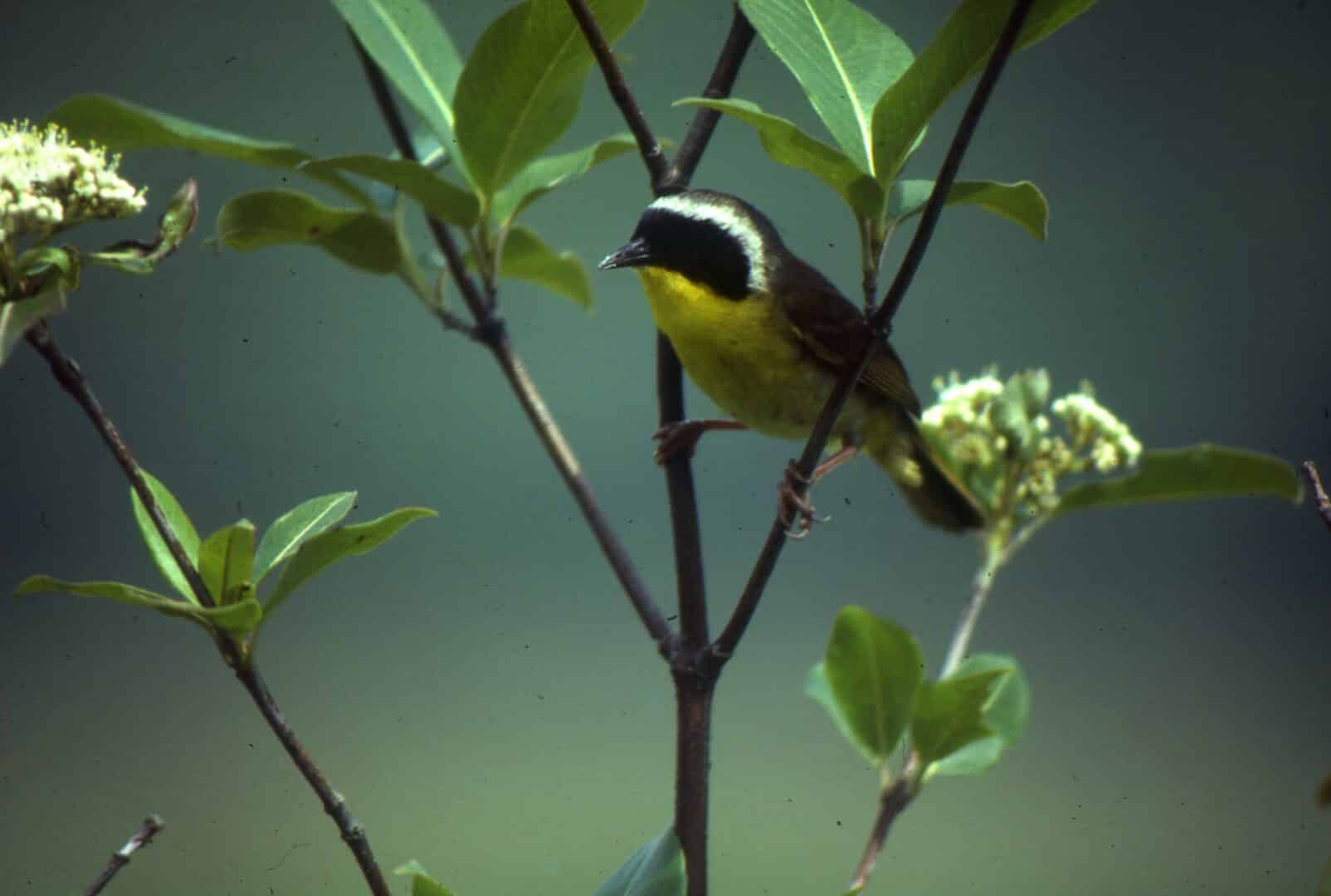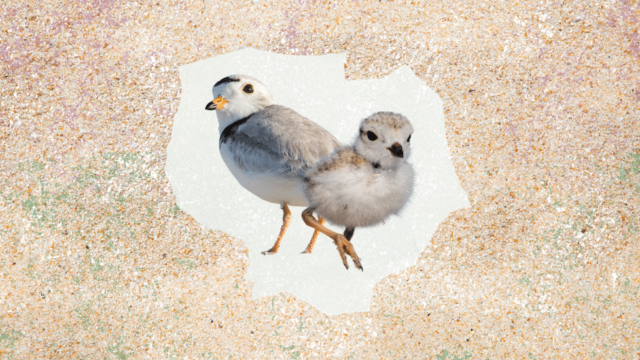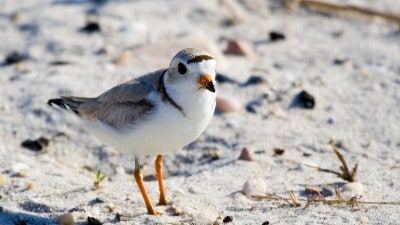HALIFAX/ TRADITIONAL TERRITORY OF THE MI’KMAQ PEOPLE – Local birders and community members in Nova Scotia are raising alarm about the federal government’s failure to protect migratory birds in the province. The group is calling on Environment and Climate Change Canada (ECCC) to enforce the Migratory Birds Convention Act (MBCA) to prevent the destruction of migratory bird nests on public lands that are slated to be logged.
Experienced local birders conducted point count surveys to document the number of birds nesting near Tupper Brook, an area set to be cut for industrial forestry. Point count surveys are a minimally invasive method recommended by ECCC to count birds in a set area. With the support of Ecojustice, the birders sent the collection of survey results with a cover letter to ECCC, urging them to investigate and enforce the MBCA to prevent the destruction of nests and harm to birds and nestlings during nesting season.
Despite concerns raised by local birders, in the past the government has continually turned a blind eye to the impacts of destructive forestry practices on migratory birds habitats during nesting season. ECCC’s website does not show a single prosecution of a forestry company for breaches of the MBCA in Nova Scotia (or anywhere in Canada) dating back to 2011. This is despite the devastating reality that, at this time of year, our forests are teeming with nesting migratory birds and every year many hectares of this critical forest nesting habitat are damaged or destroyed by logging operations.
Migratory birds are an integral part of healthy ecosystems, which are essential for the planet’s resilience to climate change and other environmental challenges. But bird populations are increasingly threatened by climate change and habitat destruction. A 2019 report revealed that an estimated 2.9 billion birds had disappeared from North American skies since 1970, which represents a population decline of 29 per cent.
Logging operations, including those in Nova Scotia, pose a significant threat to the survival of migratory bird populations that depend on these habitats to breed and rebuild their declining populations. Nesting birds and young hatchlings are particularly vulnerable.
Donna Crossland, forest ecologist, said:
“I am no longer woken by a spectacular dawn chorus at the start of a new spring day; the lively melodies and trills bursting forth from an orchestra of tiny, colourful migratory birds. The habitat that supported many of the forest breeding birds that once sang in great numbers has been destroyed. Forestry practices have intensified to leave very little mature and old growth forest, with much of our Nova Scotia landscape now highly fragmented, or devoid of forest cover, replaced by ruts, shrubs and early growth. An offence is committed each time a migratory bird is injured or killed or if their active nests are disturbed or destroyed during nesting season – but such infractions happen many times each year and the MBCA is left unenforced despite our reports to the government.
“The smallest step that can be taken to mitigate bird nest destruction is to stop harvesting during the peak of forest songbird breeding season. Must we wait until the breeding bird season is met with complete stillness, the silence marked by the loss of thousands of birds, before actively enforcing the MBCA on logging operations that are clearly disturbing and directly destroying migratory birds?”
Nina Newington, local birder, said:
“Birds do not fly thousands of kilometers to Nova Scotia to vacation, they come to breed and raise their young and they have only a few weeks to do it. Logging forests during breeding season inevitably destroys nests and fledglings and even adults who cling to their nests as the harvester advances. When you visit the same forested sites repeatedly, as we did at Tupper Brook this spring, recording the birds that were present, it is abundantly clear that those singing, calling birds you hear week after week are nesting in that forest.
“The federal government signed a global pact to protect biodiversity but they don’t even enforce the law that’s already on the books to protect migratory birds. Occasionally a Canadian Wildlife Services enforcement officer will come out to look for nests on a site threatened with destruction. It’s better than nothing but everyone knows that for every nest that’s ribboned off, tens of thousands are destroyed. It’s time to give the birds a break. Suspend logging and clearing operations during peak breeding season.”
James Gunvaldsen Klaassen, lawyer, Ecojustice said:
“Habitat loss is the main cause of endangerment for more than 95 per cent of species on land. By failing to enforce the Migratory Birds Convention Act, the federal government is jeopardizing the survival of at-risk migratory birds and accelerating the biodiversity crisis. We look forward to strong enforcement of the Act to protect migratory birds from further devastation.
“It is obvious that if logging was not permitted during nesting/breeding season, bird populations would stand a much greater chance of population growth. We call on ECCC and all levels of government to immediately ban logging during this critical time each year.”




